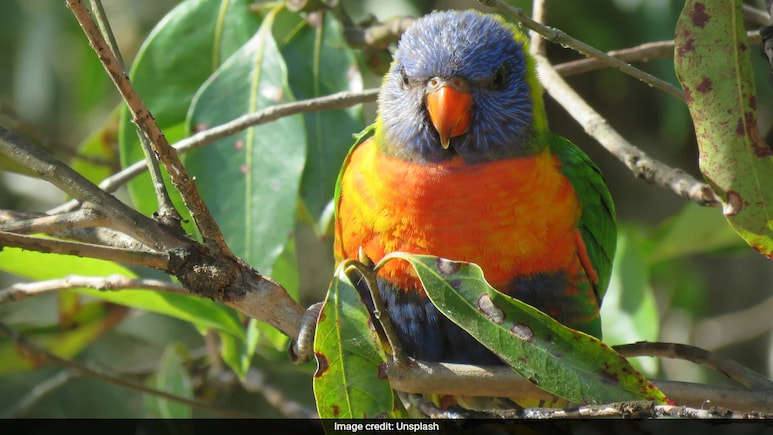
A recent study has found that around 4.8-6 per cent of wild birds in Australia exhibit sex reversal, where their genetic sex doesn't match their reproductive organs.
The researchers analysed five common species, including kookaburras, magpies, crested pigeons and lorikeets, and found sex reversal in all of them.
Associate Professor Dominique Potvin, a co-author of the research at the University of the Sunshine Coast, said the results were baffling to the team.
"I was thinking, is this right?" she said as quoted by The Guardian. "So we rechecked and rechecked and rechecked. And then we were thinking, 'Oh my God'."
Potvin said that her ornithologist friends were stunned when she showed the results to them. "They were mind-blown."
Also read | Who Is Ethan Guo? The 19-Year-Old US Influencer Pilot Stranded In Antarctica
According to the research, published in the Royal Society journal Biology Letters, most sex-reversed birds (92%) were genetically female but had male reproductive organs.
Meanwhile, one genetically male kookaburra was found to have a distended oviduct, indicating recent egg production.
Dr Clancy Hall, who is the lead author of the research, said that the findings are concerning as sex-reversed birds could affect reproductive success.
"This can lead to skewed sex ratios, reduced population sizes, altered mate preferences, and even population decline," she said, who is also at the University of the Sunshine Coast.
"The ability to unequivocally identify the sex and reproductive status of individuals is crucial across many fields of study."
Also Read | 'Godfather Of AI' Reveals Bold Strategy To Save Humanity From AI Domination
Researchers suspect that environmental chemicals, particularly endocrine-disrupting chemicals (EDCs), may play a significant role in sex reversal. Stress hormones could also be a contributing factor.
Sex reversal can lead to skewed sex ratios, reduced population sizes, altered mate preferences and even population decline, making it crucial for conservation efforts.
Track Latest News Live on NDTV.com and get news updates from India and around the world

